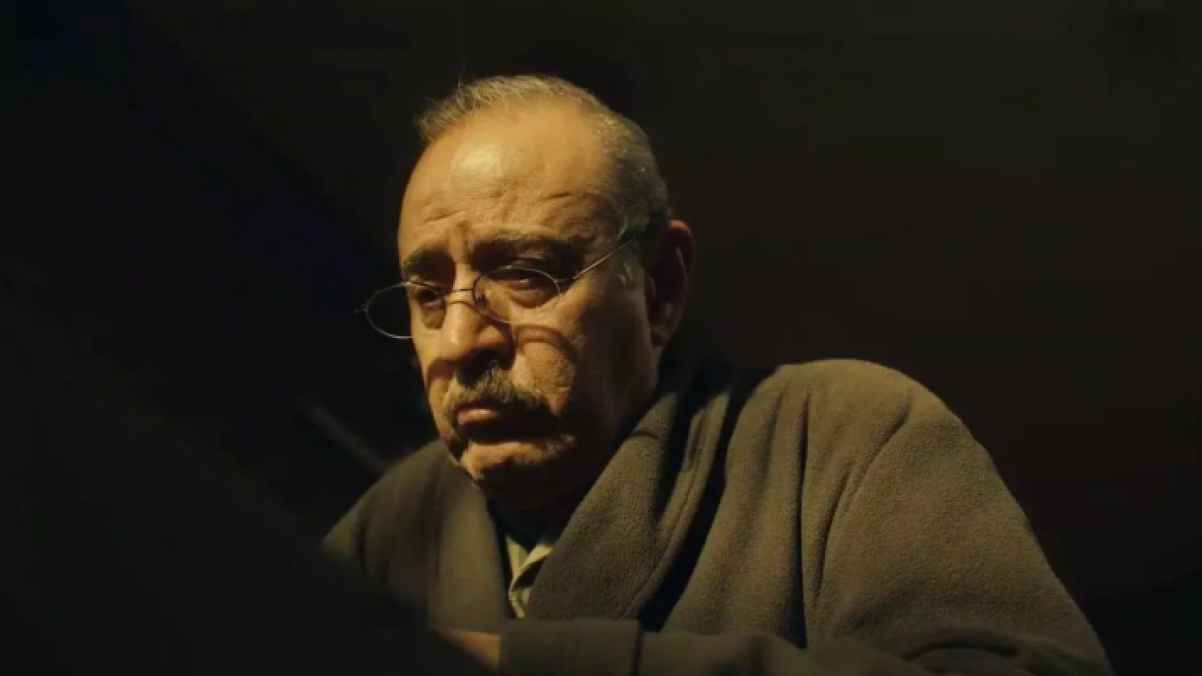Like a Loaf of Bread".. Bassem Kousa Mourns Ziad Rahbani with Heartbreaking Words"

Renowned Syrian actor Bassam Kousa bid farewell to his late friend, Lebanese composer and artist Ziad Rahbani, with a deeply emotional and sincere tribute, recalling a friendship rooted in thought, art, and shared convictions.
In a moving piece published in Al-Akhbar newspaper, Kousa began with a candid admission of his emotional paralysis upon hearing the news of Ziad’s passing:
“I truly didn’t want to write about Ziad… I felt as though I had been paralyzed. As they say: once the ships are torn, any words are too many.”
"A man like bread and dreams"
To Kousa, Ziad wasn’t just a celebrated artist — he was a rare human presence.
“This man was as simple as a loaf of bread, as profound as a dream, as honest as pain. He never pretended in front of life, never tricked it. He faced it, always, with open eyes — without disguise or manipulation.”
"Dear friend of us all... you said it all"
Kousa offered a poetic farewell:
“Dearest friend, you said what we couldn’t — through music, theatre, song, radio, writing, opinion, and love. You said it with honesty, dignity, and boldness.”
Then he added in sorrowful imagery:
“You passed through our lives like a flock of swallows... and left like a meteor.”
Laughter turned to pain
In a poignant metaphor of loss, he wrote:
“Stunned, we gathered all our laughter in a single basket... and in a flash, it turned into overwhelming pain.”
He borrowed one of Ziad’s own lines to capture the surreal grief:
“Something new… along the same old path, but something new.”
The stammer of greatness
Kousa recalled a rare televised dialogue he conducted with Ziad in 2008. He told him:
“Nations wait every fifty years for a singular creative voice. In the 1930s, there was Sayed Darwish. In the 1980s, there was you.”
Ziad, he remembered, blushed and stammered in response — a moment Kousa described as the shy humility of true greatness.
An eternal light
He closed his tribute with a message of enduring reverence:
“We will continue to listen to you and remember you. You’ll remain, for many, a source of strength, inspiration, love, and giving.”
“What you offered in your brief, extraordinary journey will remain a guiding light — leading us to a better and nobler life. You were the best messenger for those who wished to understand.”
